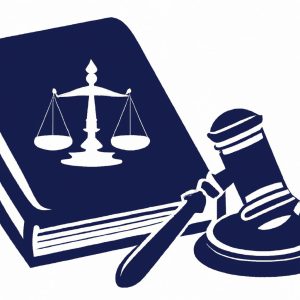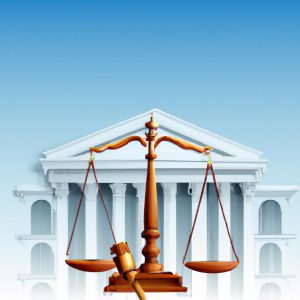During the process of probate, it is crucial to maintain transparency as it ensures that all parties involved have access to relevant information regarding the distribution of assets and settlement of debts. It is essential for both beneficiaries and executors to understand what information is publicly available during this legal procedure. With our expertise in estate planning and probate law, Morgan Legal Group is here to guide you through the intricacies of the probate process and provide insight into what information is accessible to the public during this critical time. Join us as we explore the nuances of probate proceedings and the importance of transparency in the administration of estates.
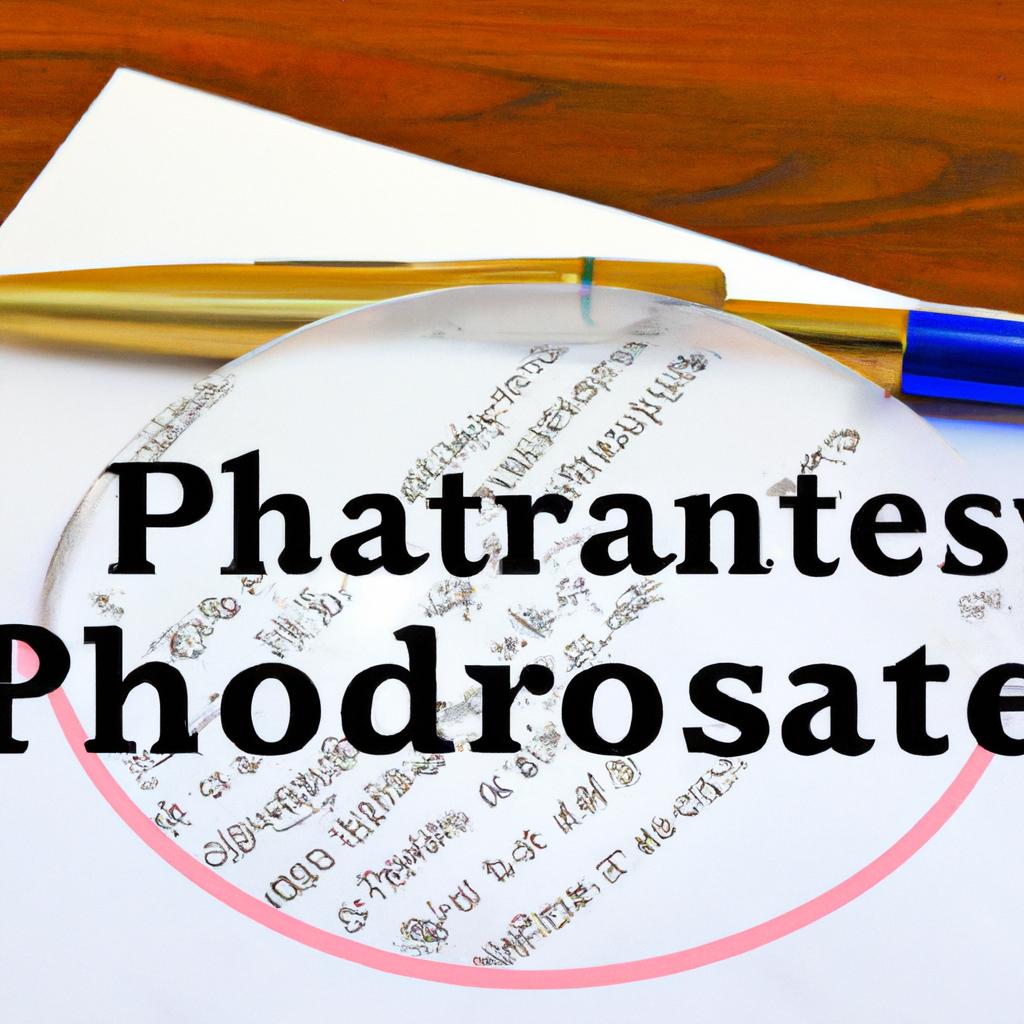
Understanding Probate Process: What Information Becomes Public
During the probate process, certain information becomes public and can be accessed by interested parties. It is important to understand what information may be made available to the public to ensure transparency and compliance with legal requirements.
Some of the information that becomes public during the probate process includes:
- Details of the deceased person’s assets and liabilities
- Names of beneficiaries and their relationship to the deceased
- Court filings and documents related to the probate proceedings
- Final distribution of assets to beneficiaries
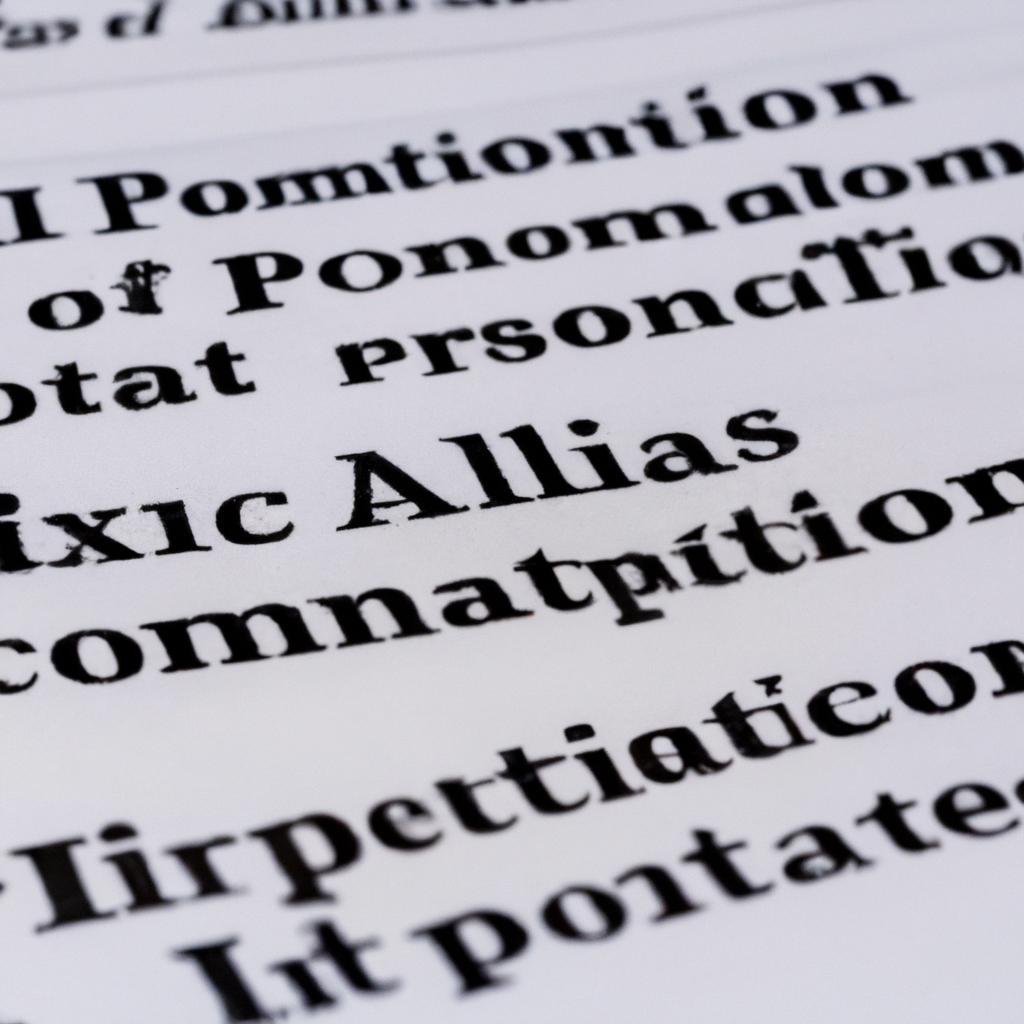
Types of Information Disclosed in Public Probate Records
In public probate records, a variety of information about the deceased individual and their estate is typically disclosed. This can include details such as the deceased person’s name, address, date of birth, and date of death. Additionally, public probate records may reveal information about the decedent’s assets, debts, beneficiaries, and the distribution of their estate.
During the probate process, other information that may be publicly available includes the names and contact information of the executor or personal representative of the estate, as well as any attorneys involved in the probate proceedings. Furthermore, the probate records may also disclose details about any disputes or challenges to the will, as well as any court orders or judgments related to the estate administration. It is essential to understand what information is contained in public probate records, as this knowledge can help individuals navigate the probate process effectively and protect their interests.

How to Safeguard Sensitive Information During Probate
During the probate process, it is crucial to safeguard sensitive information to protect the assets and privacy of the deceased individual and their beneficiaries. Various types of information become publicly available during probate, which can potentially lead to privacy concerns and security risks. It is essential to understand what information is disclosed during probate to take necessary precautions to protect sensitive data.
Some of the information that is typically publicly available during the probate process includes the deceased individual’s name, address, and date of death. Additionally, details about the assets and liabilities of the estate, as well as the names and addresses of beneficiaries, may also be disclosed. To safeguard sensitive information during probate, it is important to take proactive measures, such as limiting the amount of information provided in public court documents, utilizing confidentiality agreements, and working with experienced legal professionals to ensure that sensitive data is protected.
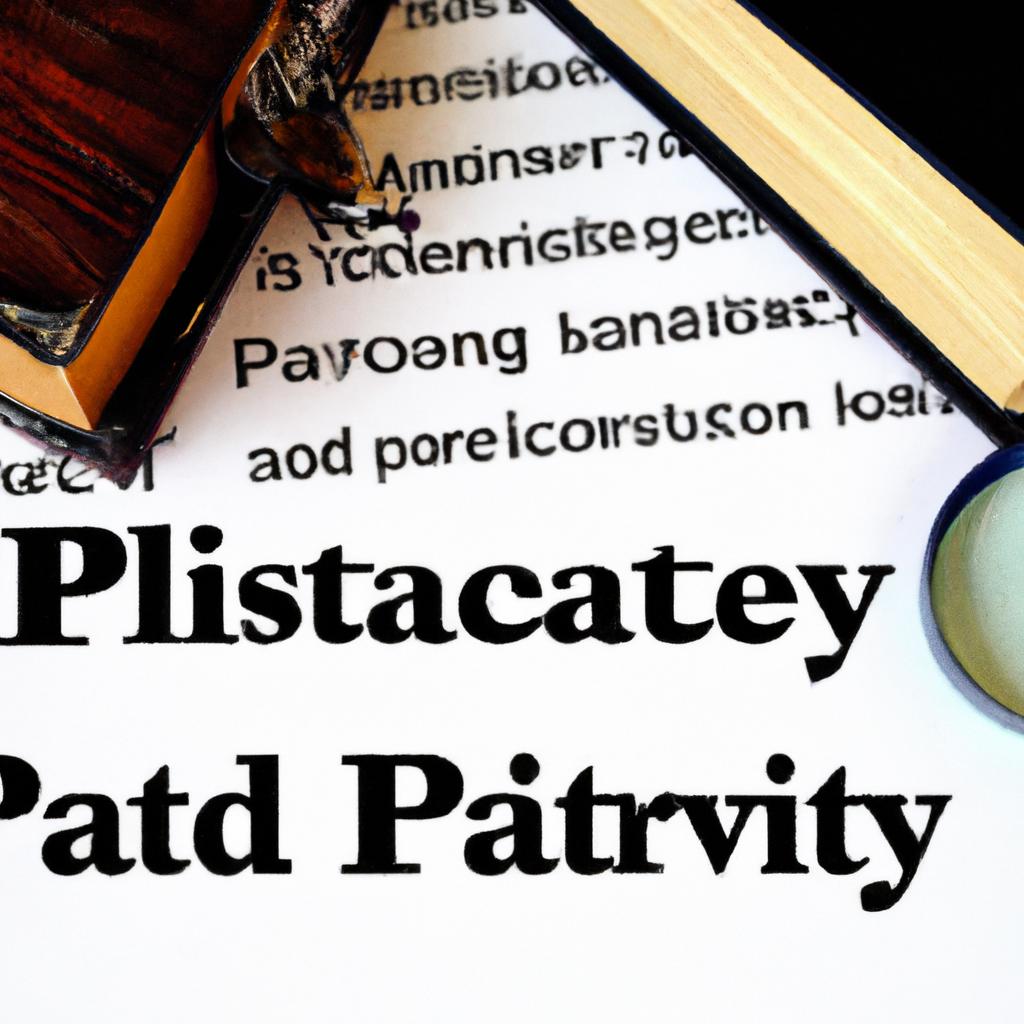
Strategies for Maintaining Privacy in the Probate Process
During the probate process, certain information becomes publicly available, which can potentially compromise the privacy of individuals involved. It is crucial to understand what information is accessible to the public to take necessary precautions to maintain privacy. Here are some strategies to help safeguard your personal information during probate:
- Utilize a Living Trust: By creating a living trust, assets can pass to beneficiaries without going through probate, thus avoiding public scrutiny of the estate’s details.
- Limit Disclosure of Assets: Minimize the disclosure of asset details in public records by consolidating assets and using non-probate transfer mechanisms such as beneficiary designations or joint ownership.
Q&A
Q: What information can the public access during the probate process?
A: During the probate process, certain information becomes part of the public record. This includes the deceased person’s will, any debts owed by the estate, and the names of heirs and beneficiaries.
Q: Are there any privacy concerns
 When someone passes away, their assets and properties are managed and distributed through a legal process known as probate. This process ensures that the deceased person’s debts are paid off and their remaining assets are distributed to their beneficiaries. Many people may have heard of probate, but they may not fully understand the details of this legal procedure. In this article, we will explore what information is publicly available during the probate process, providing a comprehensive guide for those who are unfamiliar with it.
When someone passes away, their assets and properties are managed and distributed through a legal process known as probate. This process ensures that the deceased person’s debts are paid off and their remaining assets are distributed to their beneficiaries. Many people may have heard of probate, but they may not fully understand the details of this legal procedure. In this article, we will explore what information is publicly available during the probate process, providing a comprehensive guide for those who are unfamiliar with it.
Understanding the Probate Process
Before we dive into the details of what information is publicly available during probate, it is important to understand the process itself. Probate begins when a person passes away, and their will is submitted to the court for review. If the deceased had a will, it will name an executor who will be responsible for overseeing the probate process. If a person passes away without a will, the court will appoint an administrator to handle the process.
During probate, a few key steps are taken to manage the deceased person’s assets and properties. These steps include identifying and collecting all assets, paying off any debts, and distributing the remaining assets to the beneficiaries named in the will. This process is overseen by the court to ensure that everything is done according to the law.
What Information is Publicly Available?
During the probate process, there are certain documents and information that become publicly available. These include:
1. The Last Will and Testament
One of the most important documents that become publicly available during the probate process is the will itself. The will outlines the deceased person’s wishes for the distribution of their assets and properties. As mentioned earlier, the will would name an executor who will be responsible for overseeing the probate process.
2. Death Certificate
The death certificate is another publicly available document during probate. It is an official document issued by the state and serves as proof of the person’s passing.
3. Inventory of Assets
As part of the probate process, an inventory of all the deceased person’s assets will be created. This includes all properties, bank accounts, investments, and any other assets they may have had. This document will be made available to the court and the beneficiaries, providing a comprehensive view of the person’s assets.
4. Debts and Liabilities
During probate, any debts or liabilities of the deceased person will also become publicly available. The executor of the will is responsible for gathering and paying off any debts owed by the deceased. These may include mortgages, credit card balances, or any other outstanding loans.
5. Distribution of Assets
Lastly, the final document that becomes publicly available during probate is the distribution of assets. This document outlines how the deceased person’s assets will be distributed to their beneficiaries. It will name the specific assets being distributed and the name of the beneficiary who will receive them.
Benefits of Publicly Available Probate Information
Although the idea of having personal matters become publicly available may seem daunting, there are actually some benefits to this process. By making this information available to the public, it ensures that the probate process is transparent and fair for all parties involved. It also helps prevent any potential fraud or disputes over the distribution of assets.
Practical Tips for Dealing with Probate
Going through the probate process can be a challenging and emotional experience, especially for those who are also grieving the loss of a loved one. Here are a few practical tips to help make the process smoother:
1. Seek Legal Assistance
Probate laws can be complex, and it is always helpful to have a legal professional guide you through the process. They can provide valuable insight and ensure that everything is done correctly and according to the law.
2. Organize and Gather Important Documents
Having all the necessary documents organized and ready to go can help streamline the probate process. This includes the will, death certificate, and any other relevant documents such as property deeds or financial records.
3. Communicate with Beneficiaries and Creditors
Keeping open communication with beneficiaries and creditors can help prevent any potential disputes or delays during probate. It is essential to keep everyone informed and updated throughout the process.
Firsthand Experience
To gain a better understanding of what to expect during the probate process, we spoke to John, who recently went through the process after his mother passed away.
“It was a challenging experience, emotionally and legally. However, having all the necessary documents and communicating with my siblings and my mother’s creditors helped ease the process. It was comforting to know that everything was transparent and fair for all of us.”
In conclusion, the probate process can be a complicated and emotional journey, but understanding what information is publicly available can help prepare you for what to expect. By making this information available to the public, it helps ensure that the process is transparent and fair for everyone involved. Seeking legal assistance, staying organized, and keeping open communication can make the process smoother.




